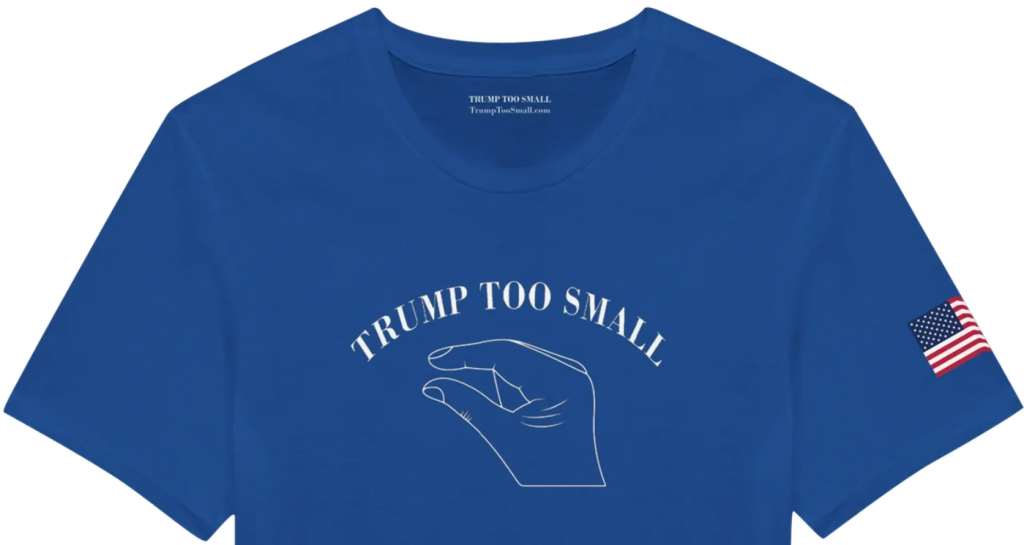by Dennis Crouch
The Supreme Court recently decided Moore v. United States, --- U.S. --- (June 20, 2024), a case focusing on the constitutionality of the Mandatory Repatriation Tax (MRT). While the majority opinion, authored by Justice Kavanaugh, upheld the MRT, Justice Thomas published a strong dissent relying upon an invention metaphor in a decidedly negative light, something that he has done in several other recent opinions. For Thomas, judicial invention is a synonym to judicial activism and antithetical to his approach that looks primarily to historic preservation, especially when interpreting the U.S. Constitution.
In Moore, the majority held that the MRT, which attributes the realized and undistributed income of an American-controlled foreign corporation to the entity's American shareholders and then taxes those shareholders, "falls squarely within Congress's constitutional authority to tax." The Court reached this holding by relying on its "longstanding precedents" that allow Congress to attribute the undistributed income of an entity to the entity's shareholders or partners for tax purposes.
Justice Thomas, joined by Justice Gorsuch, dissented. He argued that the Sixteenth Amendment requires realization for income to be taxed without apportionment. His main complaint against the majority opinion is that it "invent[ed]" a new attribution doctrine to reach its conclusion.
Justice Thomas' negative invocation of "invention" in Moore is part of a broader trend in his recent opinions. Just a week before Moore, in FDA v. Alliance for Hippocratic Medicine, 602 U.S. --- (June 13, 2024), Justice Thomas refused to "invent a new doctrine of doctor standing," concluding that "there would be no principled way to cabin such a sweeping doctrinal change to doctors or other healthcare providers." Similarly, in a recent concurring opinion, Justice Thomas argued that "Federal courts have the power to grant only the equitable relief 'traditionally accorded by courts of equity,' not the flexible power to invent whatever new remedies may seem useful at the time." Alexander v. S.C. State Conf. of the NAACP, 144 S. Ct. 1221 (2024) (Thomas, J., concurring). And in his dissent in US v. Rahimi, 602 U.S. --- (June 21, 2024), Justice Thomas complained that "At argument, the Government invented yet another position."
